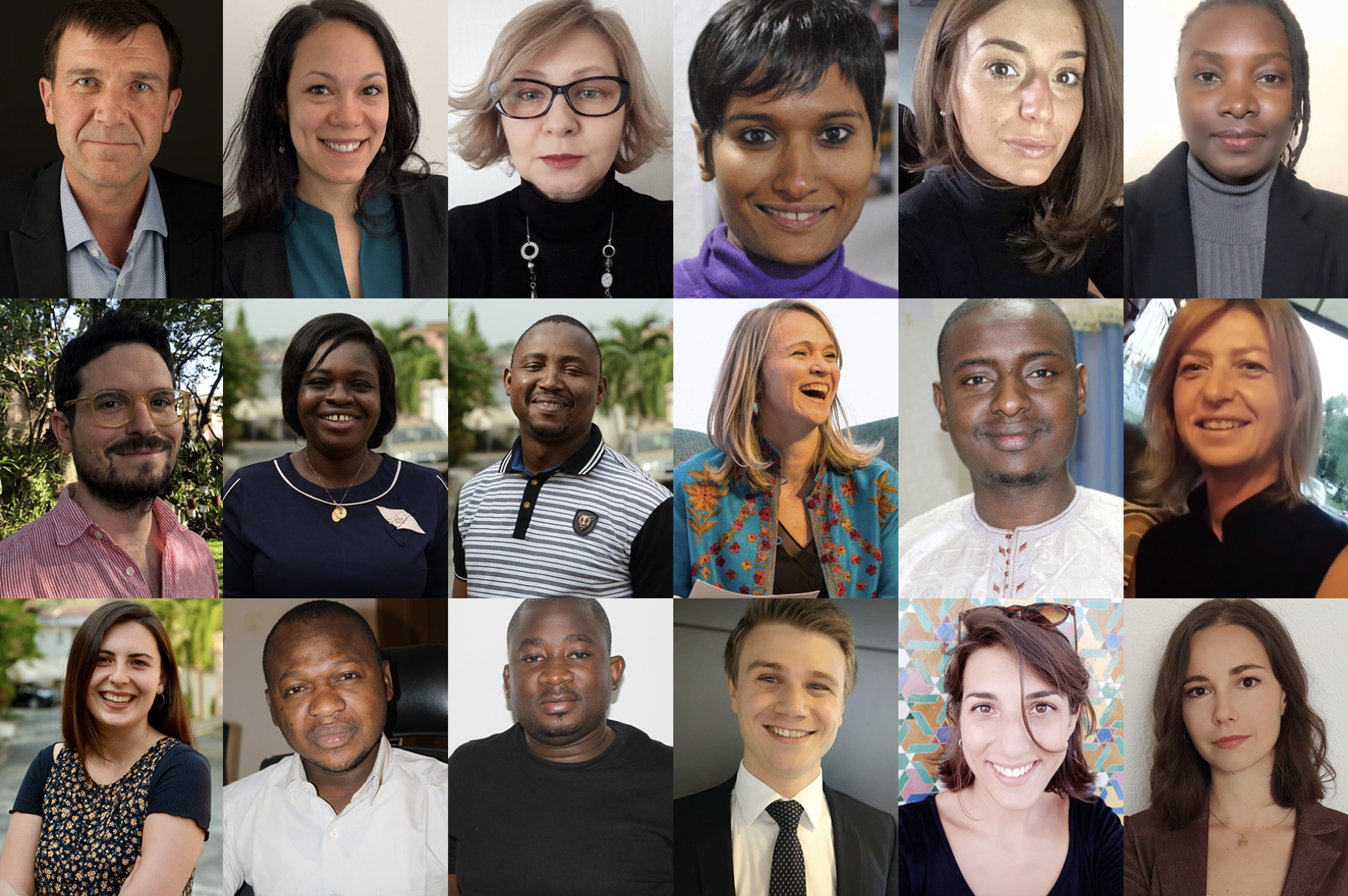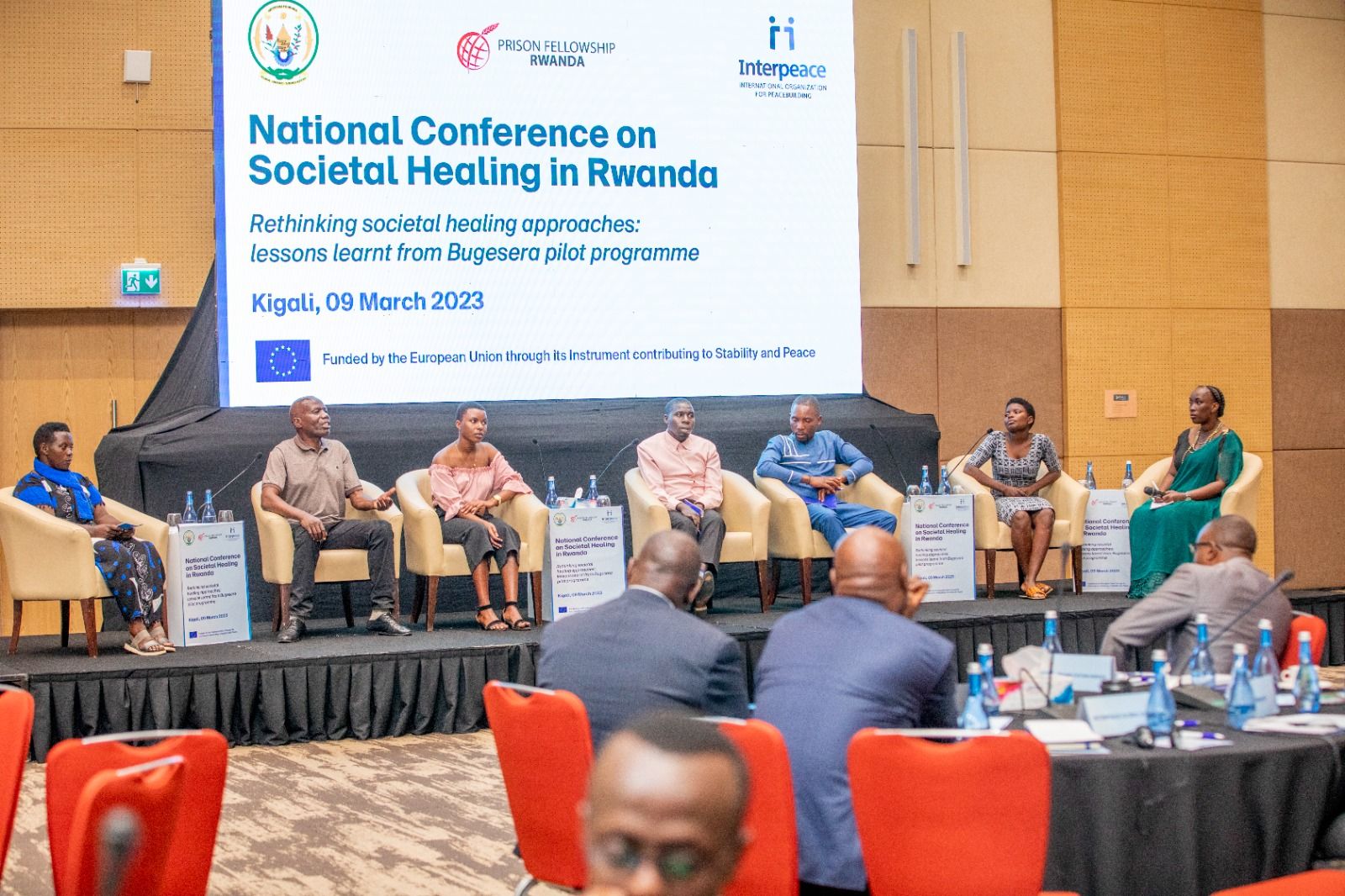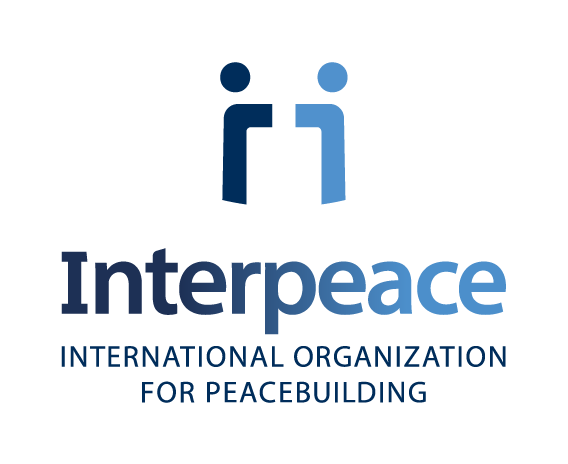Institutional Strengthening
One Interpeace

Lifting profile, impact, and resources through partnerships and outreach

Strengthening systems, standards, accountability, and governance

Institutional Strengthening
To achieve the strategic objectives above, Interpeace invests in strengthening its staff, lifting its institutional profile, and ensuring that the highest possible standards of governance, accountability, and transparency are both pursued and achieved.

One Interpeace
Interpeace continued its efforts to strengthen an inclusive, diverse, united, and mutually supportive 'One Interpeace' approach to staff collaboration as the institutional cornerstone for success. In 2022, 12 "One Interpeace" meetings were held with all staff, providing an online platform to connect worldwide. Additionally, eight 'All You Need To Know' (A2Ks) enabled staff to connect for methodological, thematic, and subject-specific exchanges and professional growth. These online spaces have made it possible to identify links, synergies, and collaboration opportunities across the different units and have strengthened the coherence between programmatic, policy, and operational efforts.
Interpeace's greatest asset is its staff, and therefore it has invested significant efforts in bringing consistency and quality to the recruitment, induction, and professional development of the "One Interpeace" team. In 2022, Interpeace's online staff resources were strengthened to include training modules in various compliance topics, such as safeguarding and IT security, as well as in policy topics such as gender-inclusive peacebuilding. In that regard, and as a result of Interpeace's strong commitment to inclusion and equality, 50.5% of employees in 2022 were female and 49.5% male. In absolute numbers, the workforce is therefore balanced. In terms of age, Interpeace's staff is young: most members (63%) are below 40 years of age.

Lifting profile, impact, and resources through partnerships and outreach
In 2022, Interpeace continued to pursue its strategic aims through a partnership-based approach to its peacebuilding policy and in-country programming. During the year, the governments of Denmark and Finland were added to the fruitful list of strategic partners with which Interpeace shares values and peacebuilding objectives, and which made the organisation's work possible by providing unrestricted funding. In addition, 27 grants that would continue into 2023 were secured, and another 18 multi-year commitments were established.
Interpeace's presence in international fora was particularly evident in 2022, positioning itself as an innovative thought leader in peacebuilding. Interpeace participated in numerous high-level dialogues with topics including: innovative peacebuilding financing, peace responsiveness, peace and health, climate and peace, rethinking stabilisation mission, Mental Health & Psychosocial Support (MHPSS), and Youth, Peace & Security (YPS).
A comprehensive Communications Strategy was approved in 2022, aligned with the five-year institutional Strategy, A Resilient Peace. As a result, Interpeace reached 2.06 million impressions on social media, a 53% increase from the previous year.
Strengthening systems, standards, accountability, and governance

By lifting its standards and organisational performance, especially in its internal coherence and external transparency and accountability, Interpeace has secured greater confidence from its stakeholders and increased donor investment. An important new development was the creation of a Nomination Committee in the Governing Board in order to foster greater self-scrutiny of performance by the Board, and to ensure more effective and efficient succession planning and risk management. Another notable outcome in 2022 was the further development of a safeguarding framework that both protects the organisation’s own staff as well as those in the often-vulnerable and complex community contexts where Interpeace undertakes its peacebuilding.
As part of Interpeace's commitment to improving its operational management, a process mapping was launched in late 2021. This work continued in 2022 and included complete mapping and analysis of core business processes, such as the procurement, publications, and project proposal processes. The review of the procurement process allowed Interpeace to make efficiency gains while better integrating core compliance requirements. Reviewing publication processes allowed the organisation to clarify roles and responsibilities and enhance the efficiency and effectiveness of decision-making.
